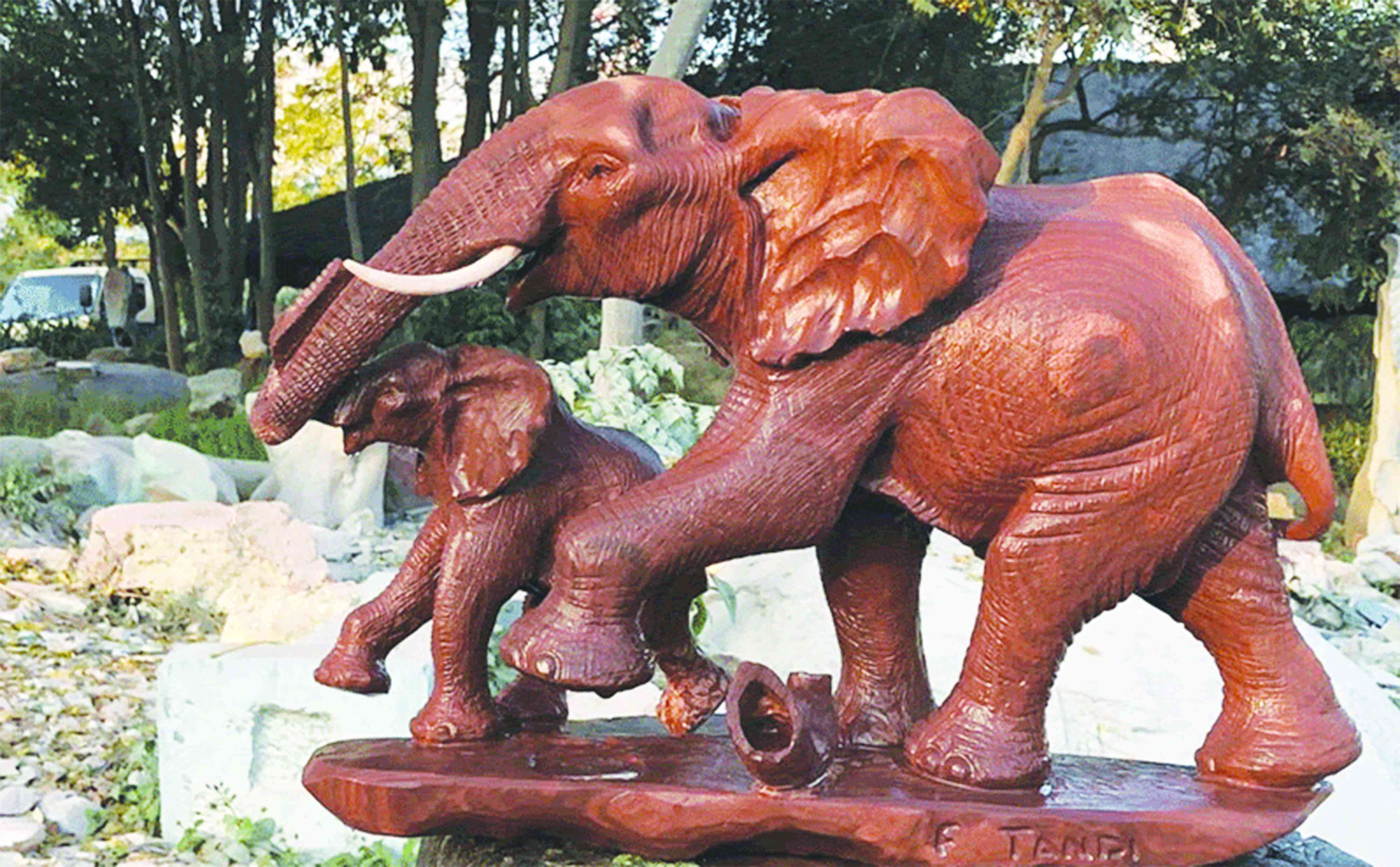
About 1 841 Zimbabweans who were living in South Africa illegally had last week trickled back into the country as the first batch of those deported arrived.
Most of the deported Zimbabweans spoke out about their chilling experience at the hands of South Africans.
“Life in South Africa is very difficult for foreign nationals. Every day I was constantly reminded that I was a foreigner and most of the South Africans call us makwerekwere, a derogatory term used to mock foreigners,” said Alson Mhiri, a deportee.
Others who were forced out of the country said they were underpaid and exploited because they did not have proper documents.
“I am a qualified motor mechanic and the company that employed me knew that I was very competent and a hard worker. The owner, however, openly told me I was an illegal immigrant and I could only get a quarter of my salary. I had no option, but to comply,” said another deported Zimbabwean, Admire.
Some deported Zimbabweans said they had no proper shelter while others were forced to put up at bus terminuses.
“I spent two years living at Park Station in Johannesburg. In fact, a group of Zimbabweans live there permanently because there is nowhere else to go. We would go out to search for menial jobs and return in the evenings,” said Thompson Gube.
“We were constantly harassed by the South Africans, who demand cash to from us.”
- Chamisa under fire over US$120K donation
- Mavhunga puts DeMbare into Chibuku quarterfinals
- Pension funds bet on Cabora Bassa oilfields
- Councils defy govt fire tender directive
Keep Reading
Gube has decided to go back to his rural home in Mwenezi and start farming.
Women were probably the biggest victims in South Africa where they said they faced a plethora of problems.
A self-confessed sexual worker, Fadzai, said South African men would refuse to pay for their “services” upon learning they were immigrants.
“I remember sleeping with a South African man who refused to pay for my services after I had told him I was Zimbabwean. He said he was not going to pay because Zimbabweans were taking all their jobs. He reminded me of xenophobic attacks and I was very afraid,” said Fadzai.
However, most of the deportees said they would find their way back into South Africa because they had no other choice. They said the country’s economy has not improved enough for them to stay and they had nowhere to start from.
“I heard that unemployment is still more than 80% and I have no choice, but to go back.
“Although life is difficult in South Africa, I was able to put food on the table. I don’t want to starve to death in my motherland and I would prefer to be treated like a third-class citizen in a foreign land,” said Tamuka Zivai another deportee.
Since the deportations started, the Department of Immigration at Beitbridge Border Post has been processing a minimum of 80 deported Zimbabweans every day.
The deportations marked the end of an amnesty for illegal Zimbabwean immigrants staying in South Africa.
Over 275 000 applicants from Zimbabweans wishing to regularise their stay in South Africa have been processed while several others were turned down and a handful are still pending.
The first batch of 261 was brought from Johannesburg in four buses, but the largest deportations carried on a single day were 367 Zimbabweans rounded up from Limpopo and Gauteng Provinces.
Assistant regional immigration officer responsible for compliance and enforcement Francis Mabika confirmed the deportations.
He said most people repatriated were from Gauteng’s Lindelani Holding Centre and the province deports people twice a week.
“We have received a total of 1 841 deportations from South Africa between October 12 and 28.
The peak number we processed was 367 people and a total of 285 came from Lindelani Holding Centre while a further 90 were from Limpopo Province.
“The people were rounded up and thoroughly vetted before being repatriated back to Zimbabwe. They are being handed over to us at the International Organisation for Migration (IOM) reception centre in Beitbridge, where we also vet them to verify their nationalities,” he said.
Vincent Houver, the IOM chief of mission in Zimbabwe, recently said at an event marking United Nations Day that IOM was providing deportees with transport, psychosocial and medical support.
“From October 7 to yesterday (19 October 2011), the IOM has assisted 530 Zimbabwean deportees, but the figure of people who have been deported is obviously much higher than that,” Houver said.
IOM estimates that there is 1,2 million to 2 million Zimbabweans living in South Africa and South Africa intends to deport about one million Zimbabweans.











